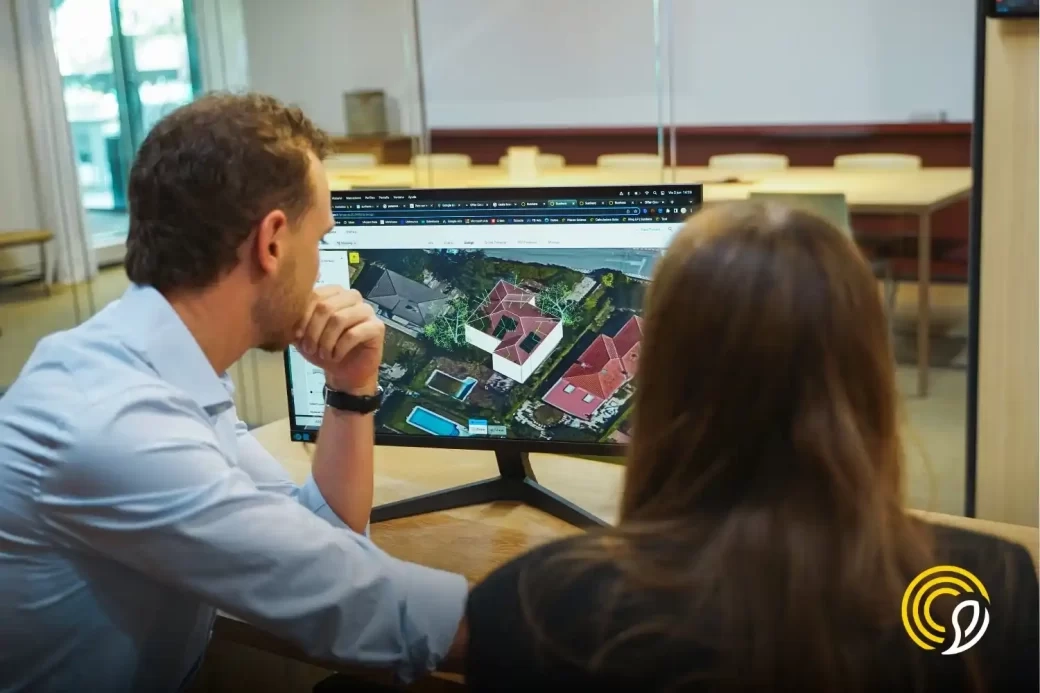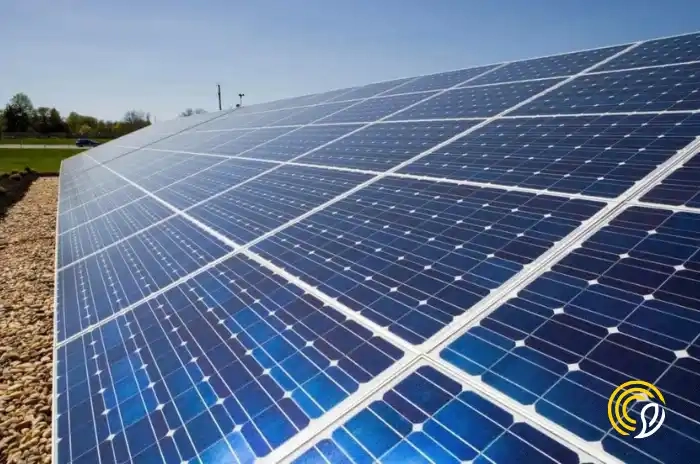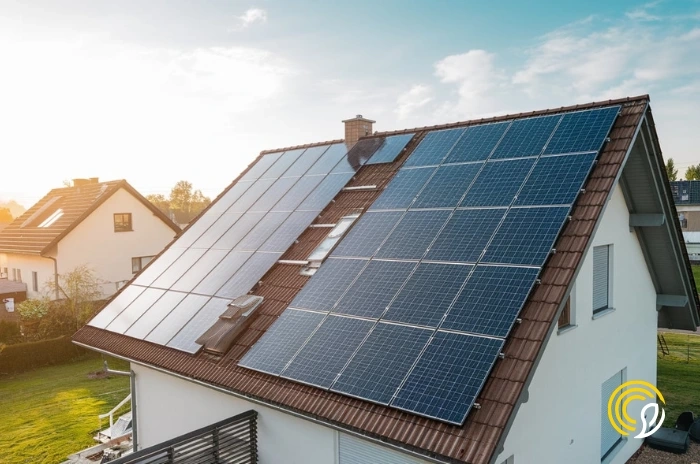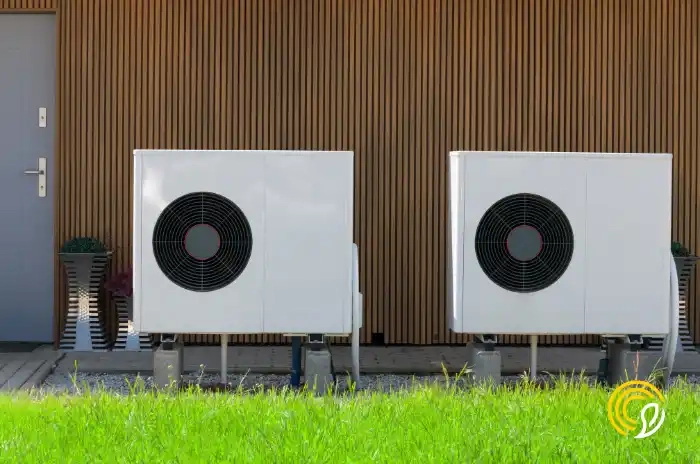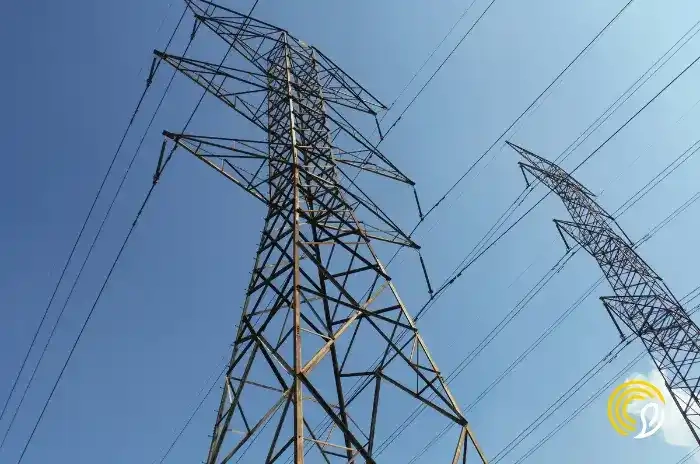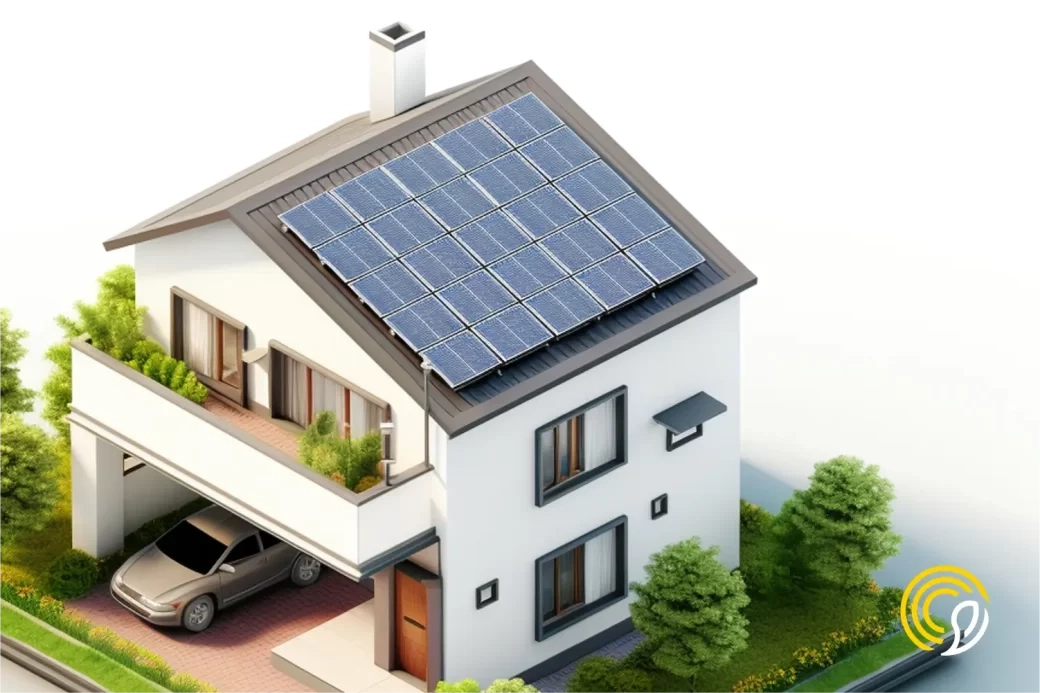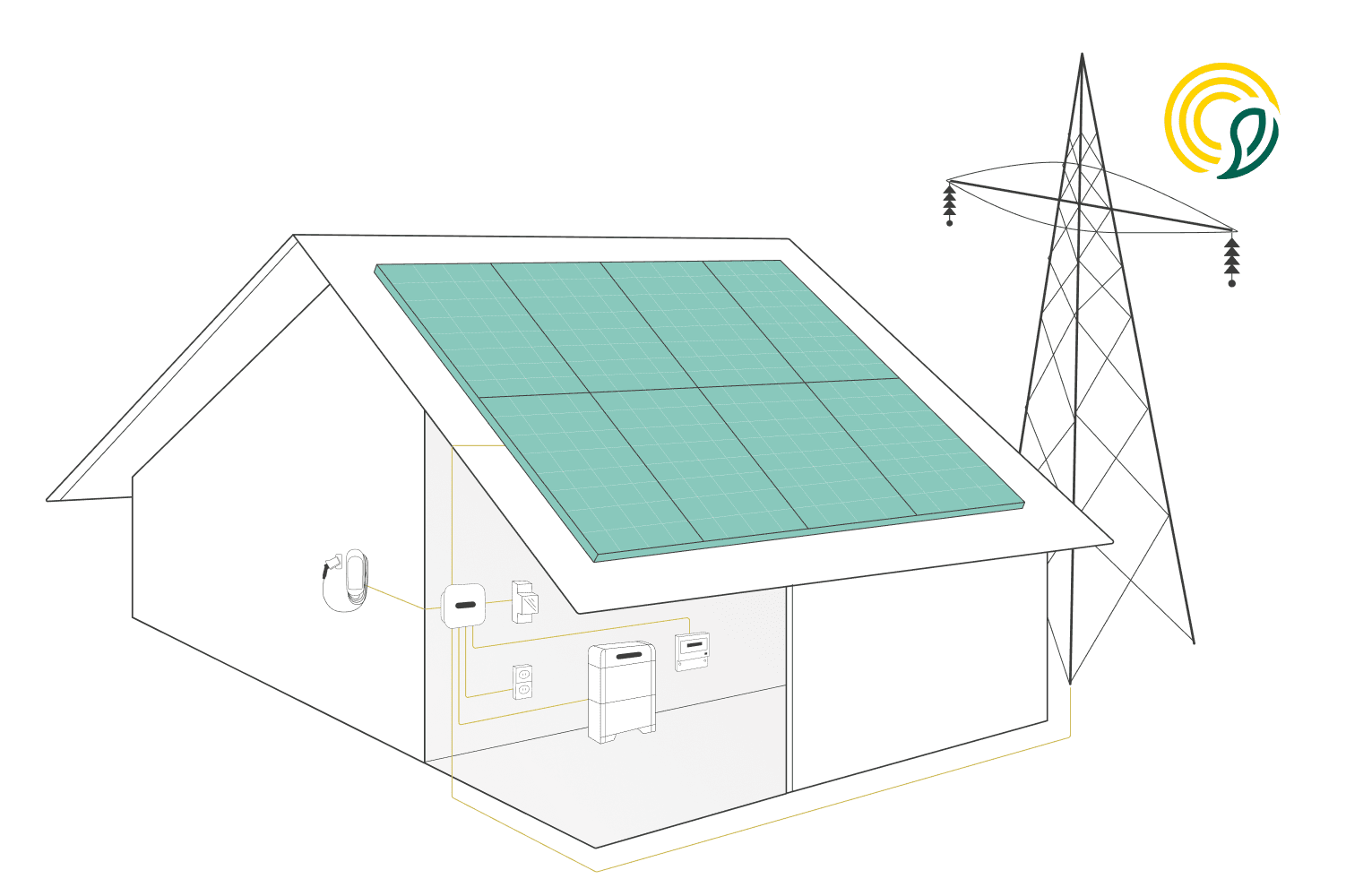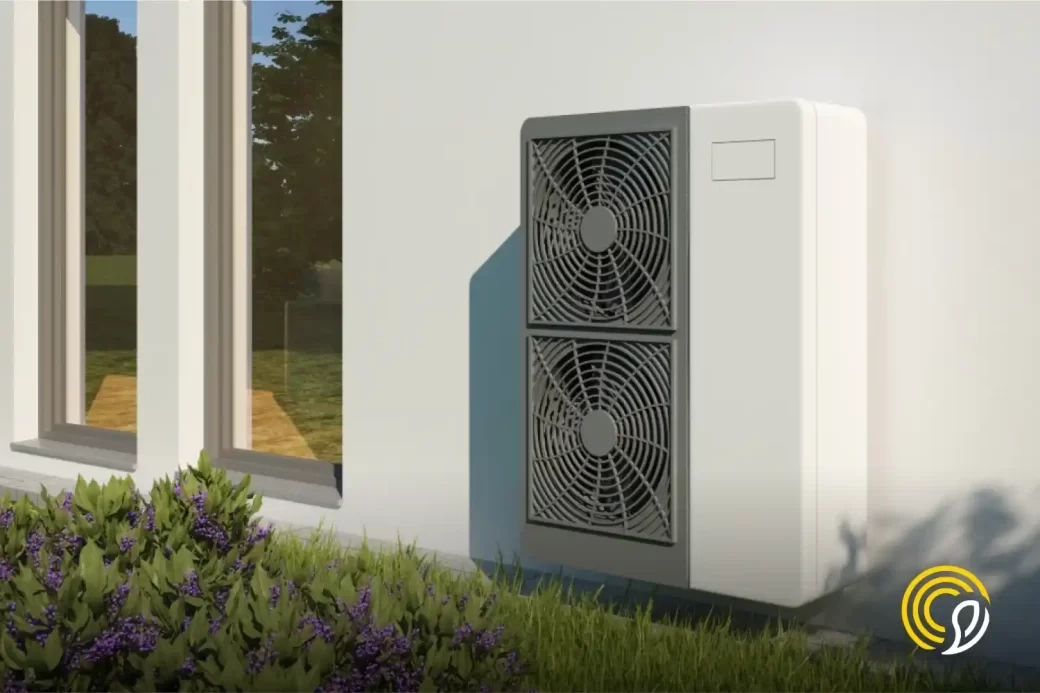
Solar powered air conditioning?

Claudia Pardo, Content Specialist at Sunhero and a firm believer that solar energy can transform the world.
25/06/2024
2 min read
Table of Contents
With the arrival of summer, the use of air conditioners skyrockets and with it, so do electricity bills. For this reason, solar energy is an ideal option, especially at this time of year, for powering air conditioners.
How does solar air conditioning work?
The process of generating air conditioning with solar energy begins with the collection of solar energy through solar panels. These panels convert the sun’s rays into electricity or heat, depending on the type of system installed. In fact, there are two main methods of utilising this energy.
The first method is absorption cooling, in which the heat absorbed by the solar panels is used to power a refrigeration cycle that cools the air. The second method is the use of a photovoltaic system, where solar panels generate electricity that is used to power a conventional refrigeration system.
Each of these options has its advantages and suits different situations. The choice between an absorption cooling system and a PV system usually depends on factors such as the local climate, the amount of solar radiation available, the energy consumption of the household and the specific cooling needs.
Types of air conditioning with solar panels
Air conditioning with photovoltaic solar panels
Solar photovoltaic air conditioning works in a similar way to a conventional air conditioning system, but is powered by the electricity generated by the photovoltaic panels. This system is ideal if you already have a photovoltaic installation in your home.
Absorption solar air conditioning
Absorption solar air conditioning uses the sun’s thermal energy to cool the air. Solar thermal collectors capture solar energy and convert it into heat, which is then used in an absorption refrigeration cycle to cool the air. This system is especially effective in areas with high solar radiation. However, one of the challenges of this method is that it requires considerable space for the installation of the thermal panels.
Hybrid solar air conditioning
Hybrid solar air conditioning combines photovoltaic and thermal energy. It uses hybrid panels that generate both electrical and thermal energy. This energy is used both to power the air conditioning compressor and to run the cooling cycle. The main advantage of this system is its ability to operate both day and night, thanks to the possibility of storing excess energy in batteries.
Advantages of air conditioning with solar panels
Saving money
Air conditioning with solar panels reduces electricity bills. Although the initial investment in the installation of solar panels may seem high, it is important to bear in mind that they are highly profitable in the long term.
Environmental sustainability
Using solar energy reduces greenhouse gas emissions, contributing to the fight against climate change. By reducing dependence on fossil fuels, solar energy helps reduce pollution and protects the environment.
Energy independence
The installation of solar-powered air conditioning provides greater independence from the electricity grid. This reduces vulnerability to fluctuations in energy prices. In areas with an unstable grid or high energy costs, a solar system offers a constant and free source of energy.
Increase in property value
Properties with solar installations tend to have a higher market value. Photovoltaic systems represent an investment in sustainability and energy efficiency, which is valued by homebuyers. The economic and environmental benefits make a property with solar energy more attractive.
Start today!
Fill out our free solar calculator and get a custom quotation
